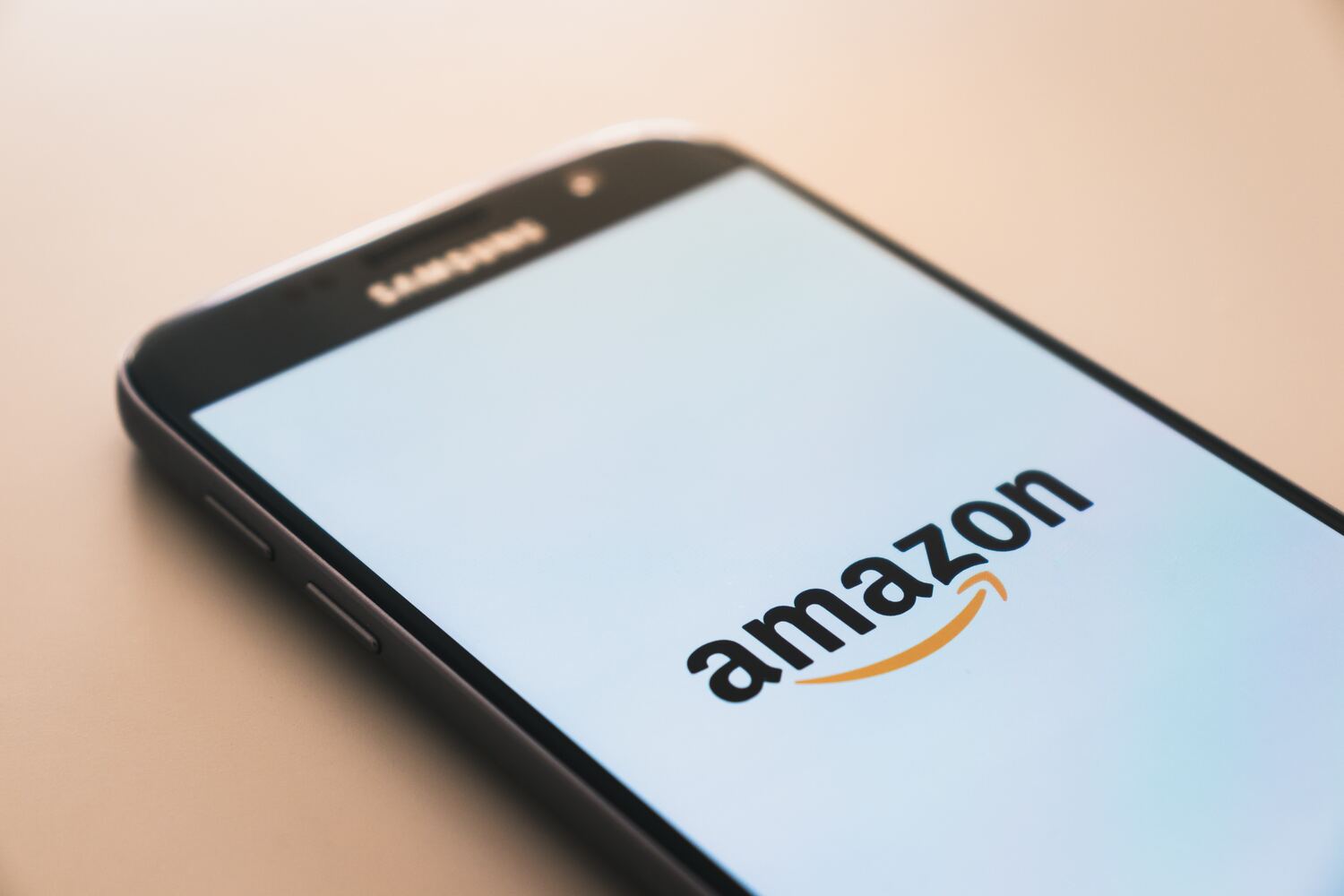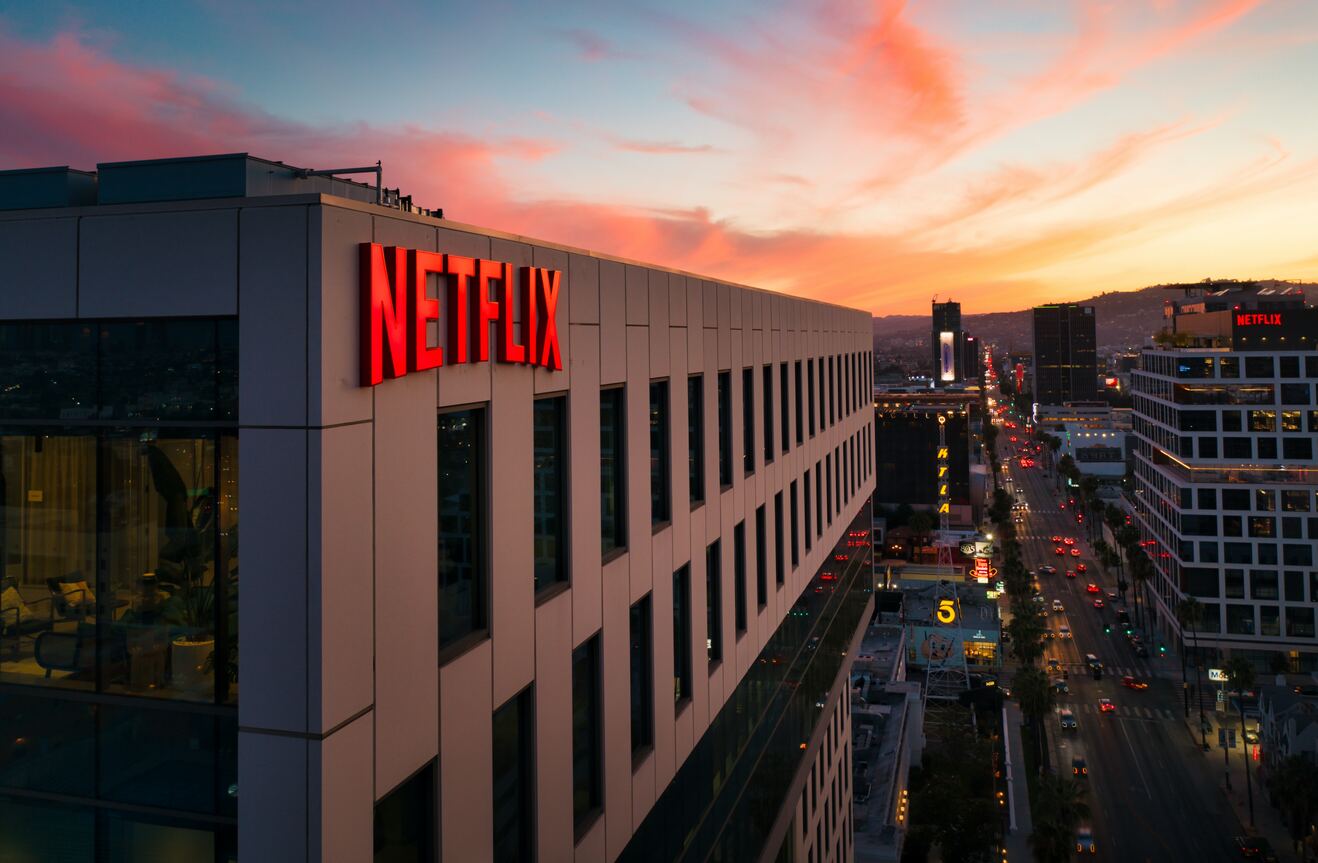 ##Introduction
Artificial intelligence (AI) has emerged as a pivotal force reshaping the landscape of marketing across major corporations. The profound influence of AI on marketing strategies is exemplified by the fact that 63% of digital marketing leaders at enterprises are either testing or expanding their budgets for AI, as revealed by a survey conducted by McKinsey & Company.
This surge in interest underscores the significant role AI plays in modernizing marketing approaches and driving revenue growth. Among the Fortune 500 companies, several stand out for their innovative utilization of AI in marketing, revolutionizing various facets of their operations and customer interactions.
##Introduction
Artificial intelligence (AI) has emerged as a pivotal force reshaping the landscape of marketing across major corporations. The profound influence of AI on marketing strategies is exemplified by the fact that 63% of digital marketing leaders at enterprises are either testing or expanding their budgets for AI, as revealed by a survey conducted by McKinsey & Company.
This surge in interest underscores the significant role AI plays in modernizing marketing approaches and driving revenue growth. Among the Fortune 500 companies, several stand out for their innovative utilization of AI in marketing, revolutionizing various facets of their operations and customer interactions.
Amazon: Enhancing Operations and Revenue Generation
 Amazon, the e-commerce juggernaut, has seamlessly integrated AI into its operations, yielding remarkable results.
In 2019, a staggering 35% of Amazon’s total operating income was attributed to AI applications, including forecasting, supply chain optimization, and product recommendations, as indicated in its SEC filing.
A highlight of Amazon’s AI prowess is its recommendation engine, which remarkably generates 35% of the platform’s sales, contributing an impressive $1 billion in incremental revenue annually, according to Forbes. This AI-powered mechanism has not only improved user experience but also propelled sales growth, positioning Amazon at the forefront of AI-driven marketing success stories.
Netflix: Optimizing Content Delivery and Viewer Experience
Amazon, the e-commerce juggernaut, has seamlessly integrated AI into its operations, yielding remarkable results.
In 2019, a staggering 35% of Amazon’s total operating income was attributed to AI applications, including forecasting, supply chain optimization, and product recommendations, as indicated in its SEC filing.
A highlight of Amazon’s AI prowess is its recommendation engine, which remarkably generates 35% of the platform’s sales, contributing an impressive $1 billion in incremental revenue annually, according to Forbes. This AI-powered mechanism has not only improved user experience but also propelled sales growth, positioning Amazon at the forefront of AI-driven marketing success stories.
Netflix: Optimizing Content Delivery and Viewer Experience
 Another trailblazer in AI integration is Netflix, the streaming giant that has harnessed AI algorithms to optimize content delivery and enhance viewer satisfaction. Through these algorithms, Netflix efficiently saves approximately $1 billion annually by streamlining its content delivery process, as reported by Variety.
Moreover, a staggering 80% of viewership on Netflix is attributed to algorithmic recommendations rooted in AI predictions, as noted by Fortune. This personalized content curation has cemented Netflix’s position as a leader in tailored user experiences, leveraging AI to establish deeper connections with its audience.
Another trailblazer in AI integration is Netflix, the streaming giant that has harnessed AI algorithms to optimize content delivery and enhance viewer satisfaction. Through these algorithms, Netflix efficiently saves approximately $1 billion annually by streamlining its content delivery process, as reported by Variety.
Moreover, a staggering 80% of viewership on Netflix is attributed to algorithmic recommendations rooted in AI predictions, as noted by Fortune. This personalized content curation has cemented Netflix’s position as a leader in tailored user experiences, leveraging AI to establish deeper connections with its audience.
Target: Personalization Driving Sales Surge
 Target, a prominent retail player, has harnessed the potential of AI-based promotion optimization to drive substantial sales growth. By implementing AI-driven strategies, Target experienced a remarkable 10% increase in online sales attributed to optimized timing and personalized offerings, as highlighted in its Annual Report.
The Guest AI initiative, a pivotal aspect of Target’s AI strategy, generated over $500 million in incremental sales in 2018 by leveraging machine learning to enhance promotions, according to Chain Store Age. This adept integration of AI showcases Target’s commitment to leveraging data-driven insights for enhanced customer engagement and revenue generation.
Target, a prominent retail player, has harnessed the potential of AI-based promotion optimization to drive substantial sales growth. By implementing AI-driven strategies, Target experienced a remarkable 10% increase in online sales attributed to optimized timing and personalized offerings, as highlighted in its Annual Report.
The Guest AI initiative, a pivotal aspect of Target’s AI strategy, generated over $500 million in incremental sales in 2018 by leveraging machine learning to enhance promotions, according to Chain Store Age. This adept integration of AI showcases Target’s commitment to leveraging data-driven insights for enhanced customer engagement and revenue generation.
Walt Disney Company: Enriching Entertainment Experiences
 The Walt Disney Company has tapped into AI’s capabilities to enhance entertainment experiences in innovative ways. By utilizing computer vision and machine learning algorithms, Disney has automated the creation of highlight reels from live sports broadcasts on ESPN+.
Furthermore, the AI-powered assistant app, Disney Genie, has revolutionized park itineraries for millions of visitors since its launch in 2021, as reported by Fortune. Disney’s adoption of AI reflects its dedication to providing cutting-edge, personalized experiences that resonate with its diverse audience base.
The Walt Disney Company has tapped into AI’s capabilities to enhance entertainment experiences in innovative ways. By utilizing computer vision and machine learning algorithms, Disney has automated the creation of highlight reels from live sports broadcasts on ESPN+.
Furthermore, the AI-powered assistant app, Disney Genie, has revolutionized park itineraries for millions of visitors since its launch in 2021, as reported by Fortune. Disney’s adoption of AI reflects its dedication to providing cutting-edge, personalized experiences that resonate with its diverse audience base.
Wells Fargo and JP Morgan Chase: AI in Financial Services
 The influence of AI extends beyond retail and entertainment, making significant waves in the financial sector. Wells Fargo has embraced AI-powered virtual assistants and chatbots, effectively handling 15-20% of inbound customer service calls, as highlighted in Wells Fargo Stories.
Additionally, AI-driven marketing models have optimized promotional timing and viability, yielding efficiency improvements of 15-30%, as reported by Forbes. Similarly, JP Morgan Chase has harnessed AI and machine learning to prevent and detect fraud, resulting in monumental cost savings of over $250 million annually, according to their Annual Report.
Furthermore, AI-driven algorithms have facilitated automated bond trading strategies and trade execution optimization, contributing over $300 million in annual trading revenue, as documented by the Financial Times.
The influence of AI extends beyond retail and entertainment, making significant waves in the financial sector. Wells Fargo has embraced AI-powered virtual assistants and chatbots, effectively handling 15-20% of inbound customer service calls, as highlighted in Wells Fargo Stories.
Additionally, AI-driven marketing models have optimized promotional timing and viability, yielding efficiency improvements of 15-30%, as reported by Forbes. Similarly, JP Morgan Chase has harnessed AI and machine learning to prevent and detect fraud, resulting in monumental cost savings of over $250 million annually, according to their Annual Report.
Furthermore, AI-driven algorithms have facilitated automated bond trading strategies and trade execution optimization, contributing over $300 million in annual trading revenue, as documented by the Financial Times.